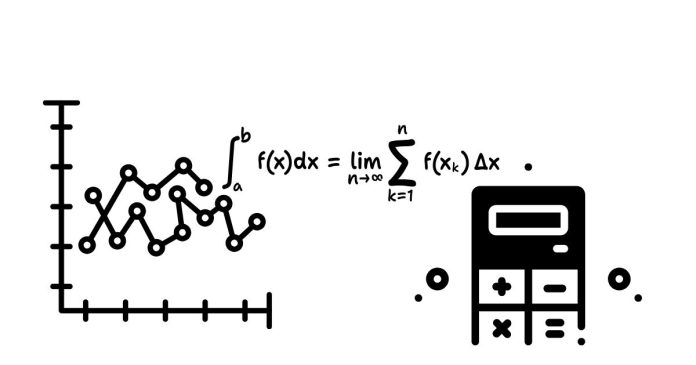Coefficient of a Variable – Definition
In mathematics, the coefficient of a variable is the constant factor that is multiplied by the variable in an algebraic expression or equation. It shows how much the variable is scaled or multiplied by. For example, in the term 5x5x, 5 is the coefficient of the variable xx.
Example
Consider the expression:
3x+4y−73x + 4y – 7
- In this expression:
- The coefficient of xx is 3 (because it’s multiplied by xx).
- The coefficient of yy is 4 (because it’s multiplied by yy).
- The constant term is -7 (this doesn’t involve any variable).
Types of Coefficients
- Numerical Coefficients:
- These are just numbers multiplying the variable.
- Example: In 6x6x, 6 is the numerical coefficient.
- Algebraic Coefficients:
- These include both constants and variables in the coefficient.
- Example: In the term 4xy4xy, the coefficient is 44, but it’s also multiplied by yy (it could be referred to as a combination of constants and variables).
- Zero Coefficient:
- Sometimes, the coefficient can be zero, meaning the term does not contribute to the expression.
- Example: In the expression 0x+50x + 5, the coefficient of xx is 0.
- Negative Coefficient:
- A coefficient can also be negative.
- Example: In −2x-2x, the coefficient is -2.
- Fractional Coefficient:
- Coefficients can also be fractions.
- Example: In 34x\frac{3}{4}x, the coefficient is 34
Summary
- The coefficient of a variable is the number (or sometimes a combination of numbers and variables) multiplying that variable in an expression.
- Coefficients can be positive, negative, zero, or fractions, and they play an essential role in determining the value of algebraic expressions or equations.


